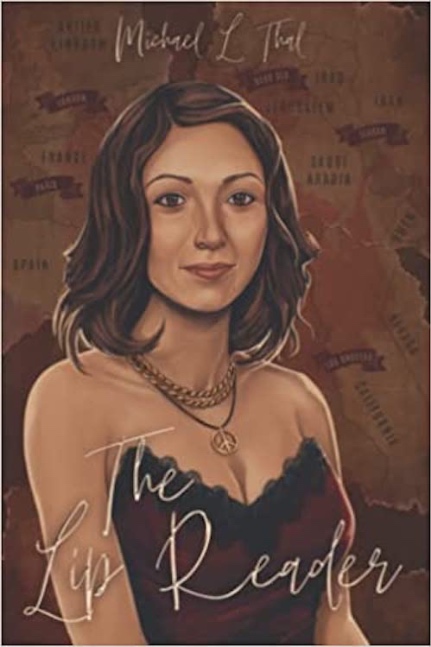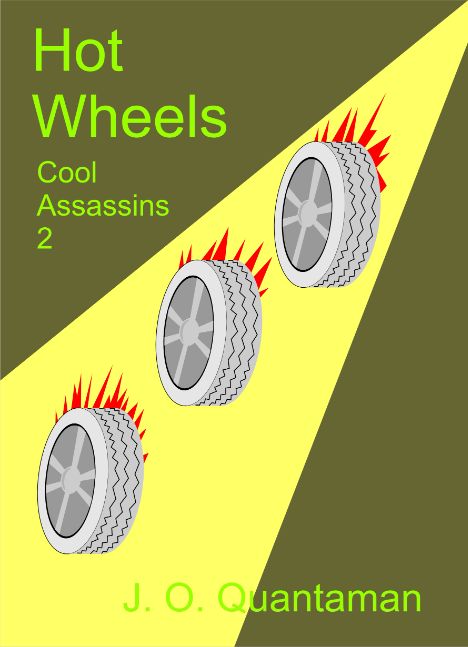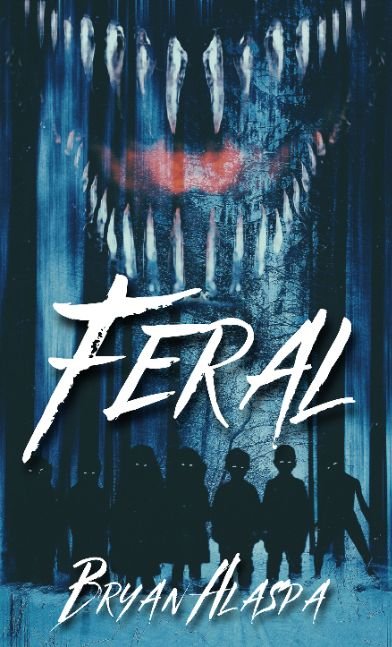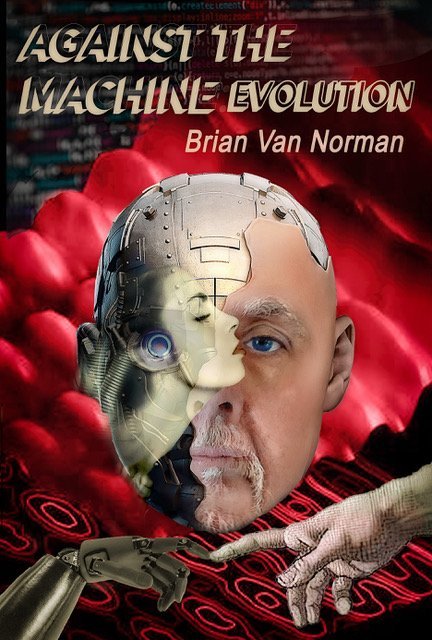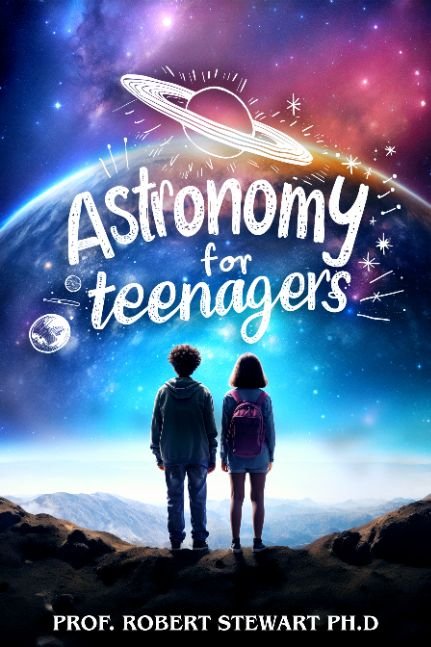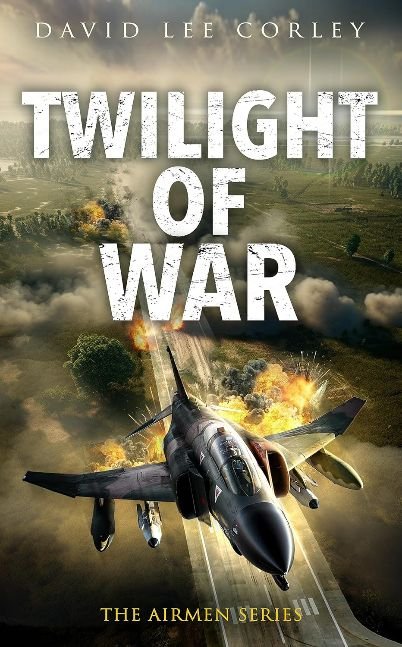- Home
- Book Trailer
- The Interview - David Wickenden
The Interview - David Wickenden
 https://davewickenden.wixsite.com/dave-wickenden
https://davewickenden.wixsite.com/dave-wickenden
When you're working on a book and a new idea pops up, should you pursue it immediately (also known as 'UP syndrome') or finish your current project first? What do you think is the best course of action?
Quite often, new ideas are created from the research you do on your current story. It may be a specific fact that you find that is interesting or your story leads to another story idea. If you jump from one idea to the next, you'll never finish anything.
My suggestion is to write down the idea and any thoughts about where the story might go. Once you ready for a new project, you will already have a starting spot.
I do write more than one story at a time, but no more than two. When I am unsure where the current story is going, (I do not outline my stories but write with a basic story idea and vague idea for the ending) I'll switch to the other story to allow my mind a break from the original story. Some call this writer's block, but I think the mind just needs time to work out its own path. This gives it time to percolate and eventually an answer appears on its own.
Was there anything you had to research for the book?
Most of my books are heavily researched. I feel that a writer has to if he/she wants a realistic story. It's too easy today with the internet at our fingers to google a fact and call bullsh*t. This can pull a reader out of the story and that's the last thing you want.
In this story, I had to research international mining standards, crimes, 3rd world exploitation, China's Road and Belt program, industrial accidents, Canadian military. I also used my knowledge of the emergency response procedures from my time as a firefighter.
What are you reading right now?
I'm currently listening to Fairy Tale, Stephen King's latest on audible and reading a fantasy by indi-author Cal Logan.
How long did it take you to write this book?
With multiple drafts, beta reading and then three rounds of edits with a professional editor, the entire process took a little over a year. The actual writing usually takes about six months, but that's just the start. Writing a book, after all, is a marathon, not a sprint.
Do you have any personal connection to the story or characters?
I was born and raised in Sudbury, Ontario. Sudbury is known as the Nickle Capital of the World. In the 1960s the mines around the city had over 25,000 employees. It's much less today, but still plays a huge part in the city's economy.
In 2020, Vale announced that the Superstack in Sudbury, Ontario was no longer needed and that it would be eventually taken down. The stack was built back in 1970-72, standing at 1250, making it the second highest industrial stack in the world. The news caught most by surprise and there is definitely a difference in opinion within the community about whether Vale should leave it intact as a landmark. The dismantling of the stack would be a very slow and methodical endeavour as it stands close to both the other buildings in site and the community.
As a thriller author, I figured I could come up with a faster and more spectacular manner of industrial renewal, thus the story. I do not want to ruin the story for anyone, but I tried to create a realistic series of events using the political events of the past few years worldwide. But of course, this is all fiction.
To keep it fictional, I created another city situated up highway 144, near Cartier, Ontario. In fact, I placed the city beside Fox Lake. The town is called Fox Lake, and the company has its own company town, similar to Copper Cliff, by the name of South Shore. And keeping to the history of immigrants coming to Canada at the time for mining jobs, there is also a small neighborhood called Alta Vista, the sister of Little Italy. By having a mirror city to the real one, I was able to create some real havoc.


